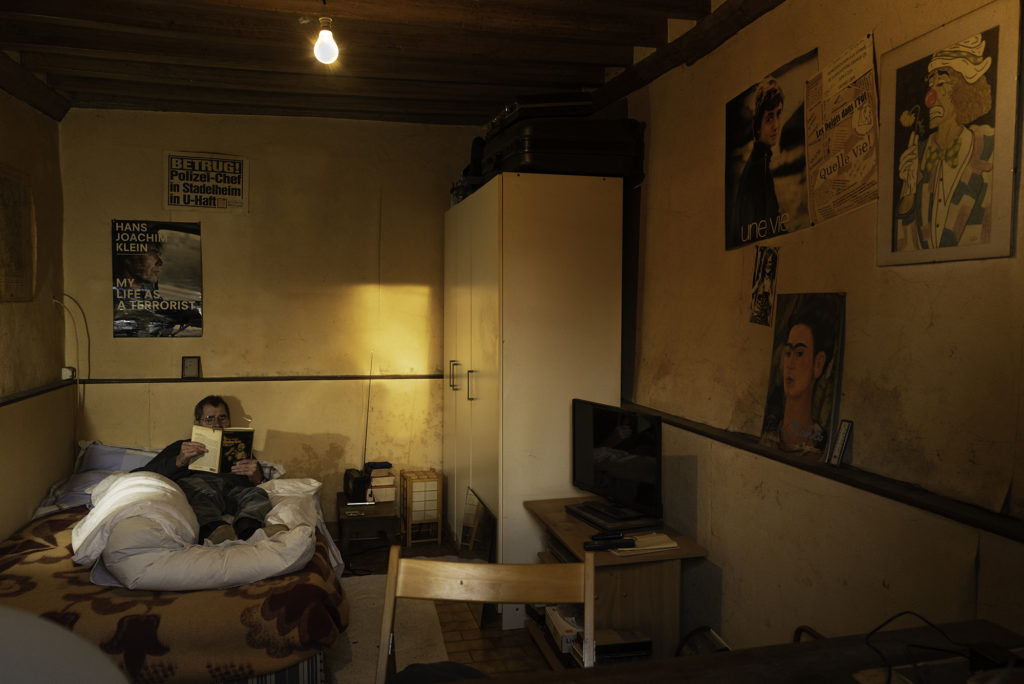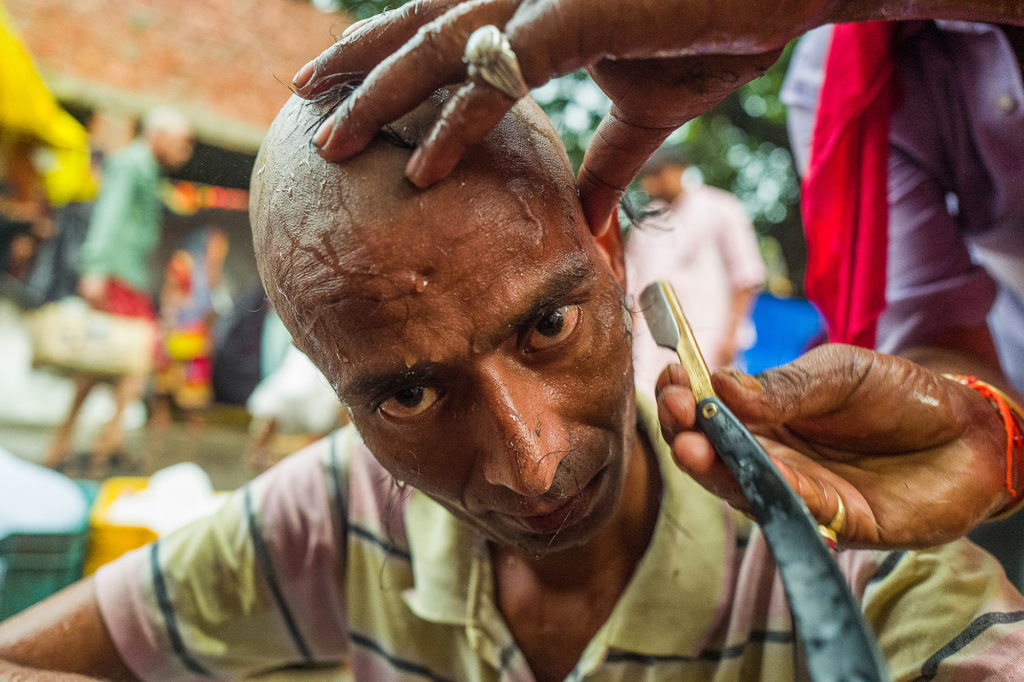
WHO?
I was born in Marseille, studied in Aix-en-Provence and then moved to Paris. I am married, I have three children and I am a freelance photographer.
I have always been fascinated by humans and like to tell stories about them. As a defense attorney specializing in criminal law for 15 years, things changed when I became a mother and photography appeared as an escape from my profession. I discovered how photography could be the “visual twin of poetry”.
In 2016, during a reportage project in French prisons, I realized I wanted to continue to plead–but with images instead of words. At the end of 2017, I left the courts and traveled to South East Asia where I practiced street photography alongside Vineet Vohra.
Still wanting to highlight stories that matter in the continuity of my former life, I wanted to go deeper in into the humanist approach to photography. To do so I had to become a professional. In 2022 I obtained a European master’s degree in documentary photography and photojournalism with the Speos Institute/Magnum Agency in Paris.
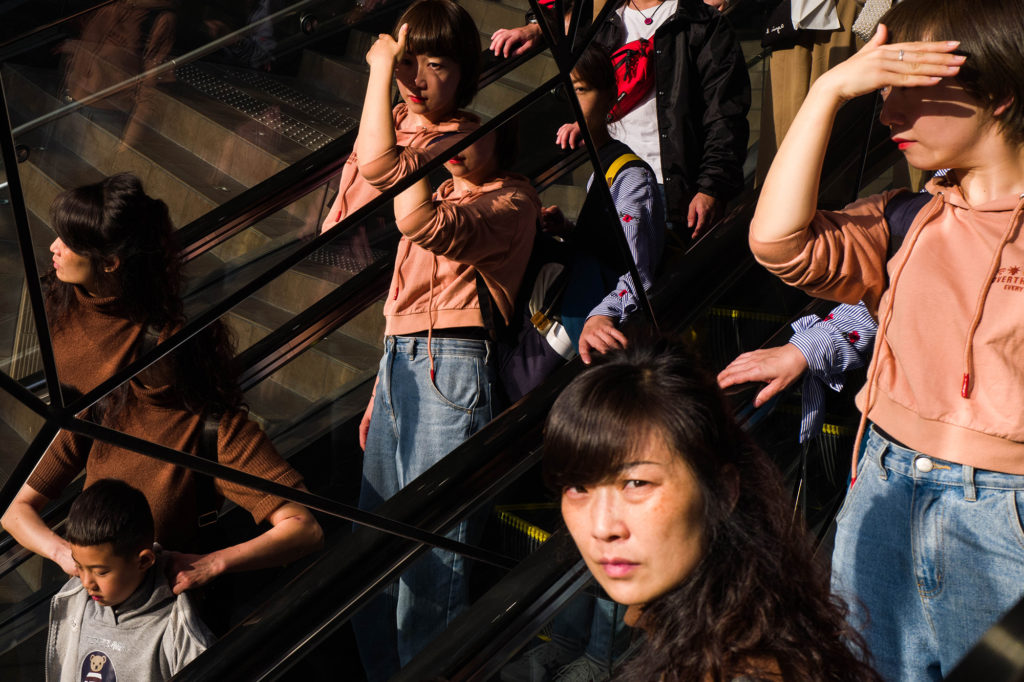
WHAT?
People tend to put photographers in boxes: news, fine art, documentary, street. I think there are no borders, it is more a question of angle of vision.
At the edge of documentary and fine art I want the human being in the center of my work.
I have always been a storyteller. I was born with a very strong sense of empathy and curiosity, catching quickly with my heart and my brain a situation, a scene, a strong story. It gives me confidence to follow my emotions when I shoot.
In fact, I don’t have an inclination to “do” photography: I just live it. It can be in documentary, with my loved ones, in the streets of the world: I am with people, among them. They see me or not, I am totally in communion with them. In my long-term documentary projects I focus on people who can’t find their place in our society, trying to find beauty and hope.
The most important for me is emotion. To express it, I find the good light, an interesting background to enhance my story; and my 28 mm lens plays its role. I apply essentials rules like no overlaps, interesting layers and balancing the composition of my frame. I always think about what I want in it and what I want to exclude, applying Paul Strand’s philosophy: “say what you have to say and make it in a rectangular space”.
Photography is not reality or the truth. It is just a moment we decide to freeze to tell our story but, in the end, the feeling belongs to the viewer. It is an interesting parallel with my work of lawyer. But here the creativity pushes the boundaries away: I can build some poetics, magical and emotional images with light, shadows, reflections and patterns. I want the viewer to feel some strong emotions, and I want to play with them.
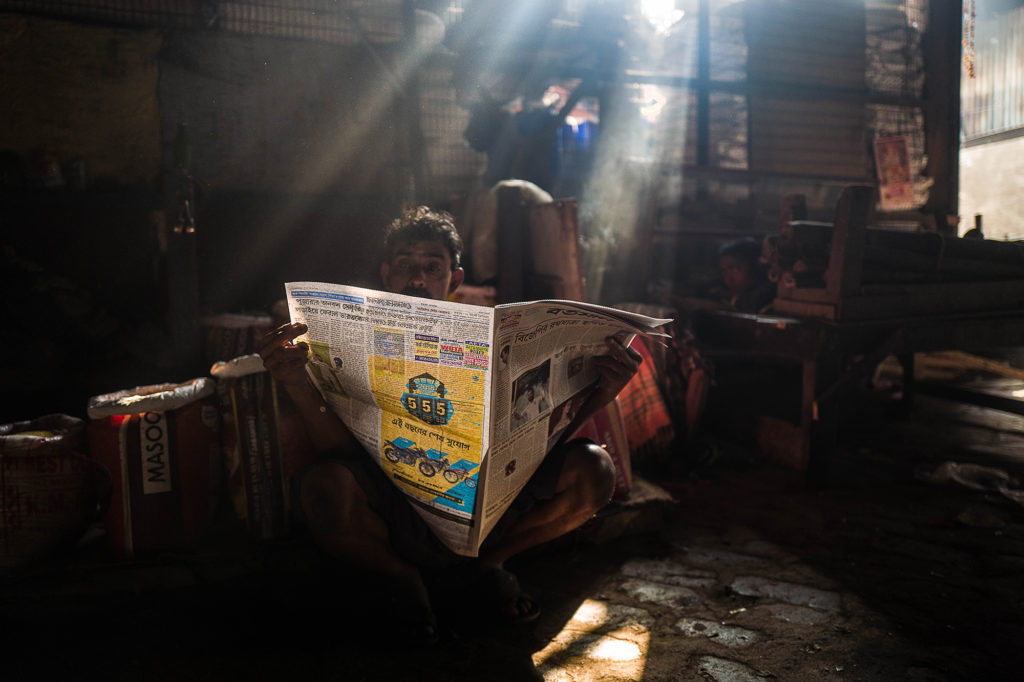
WHERE?
For reportage or documentary I immerse myself in people’s lives. I love to spend some days in their bubble, inside their intimacy. In the street or during my travels, I need a wilder angle and I try to catch the soul of people in their environment, looking for the roots of the local culture. I like to think street photography will be the witness of vanished worlds and cultures, centuries from now. On Earth, my preferred places are India and Japan, but NYC and Paris are also fantastic playgrounds.
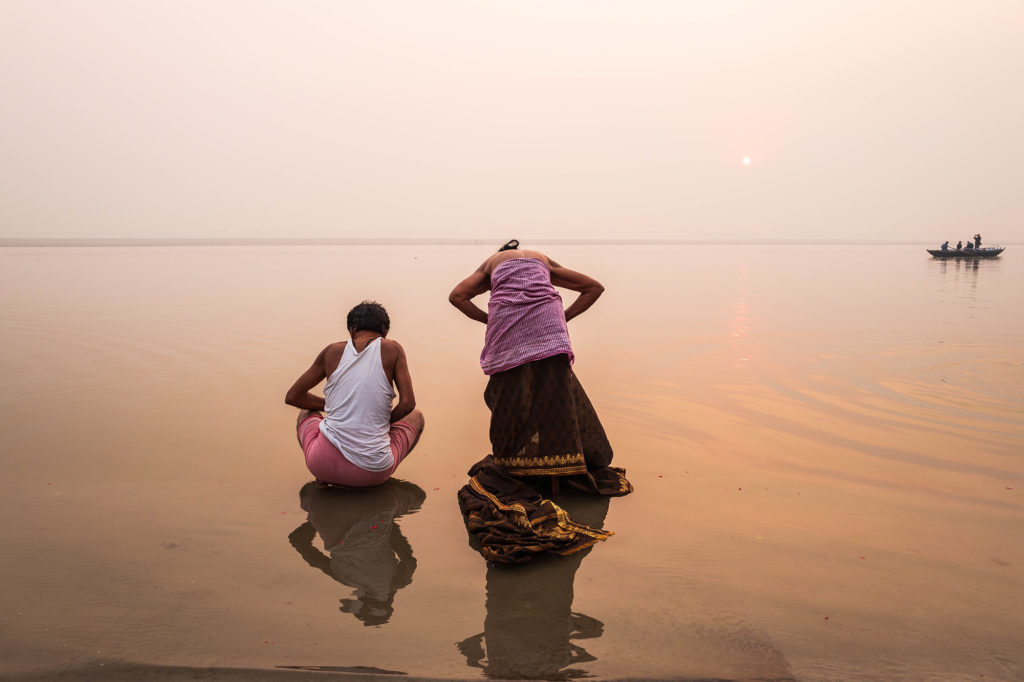
WHEN?
Sunrise and sunsets of course. I love diffuse light and long shadows. I feel wonderful emotions in blue and golden hours. I used to prefer shooting in a candid way in natural light, but with Speos/Magnum I discovered staged and composed pictures with artificial light, and feel less dependent on the moment of the day, or night. Post production is also a good way to get rid of time constraints, if I never change the content of a picture by removing a tree, a car or people, I enhance lighting of almost all my pictures with Adobe Lightroom.
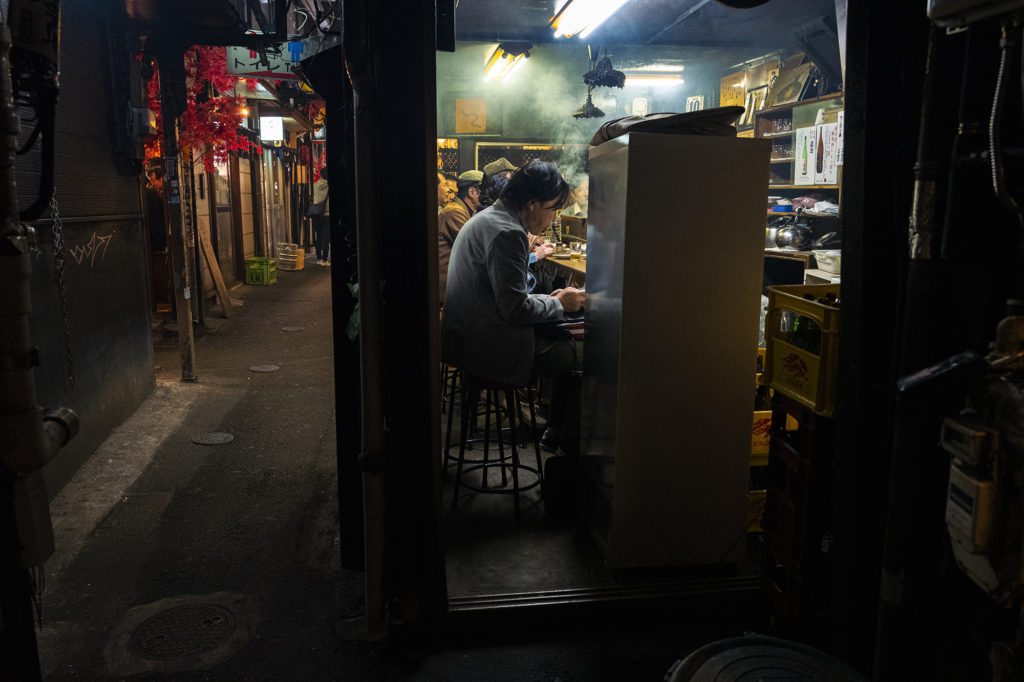
WHY?
In a society where things move at an accelerated pace, photography is a rare way to freeze motion, allowing us to observe, connect with the world, and be more present in a very moment. If nowadays everyone has an extremely sophisticated camera in their pocket, not everyone is a photographer. You need something to say, you need a purpose. It is an artistic language not everybody speaks. It can explore a lot of fields such as sociology, psychology, philosophy, and, in the end, make history.
For me being a photographer is a direct implication to our planet. It gives us responsibilities because we are important witnesses of our changing world, I want people looking at my pictures to question themselves, to see things more broadly, and, in the end, to feel things more strongly.
